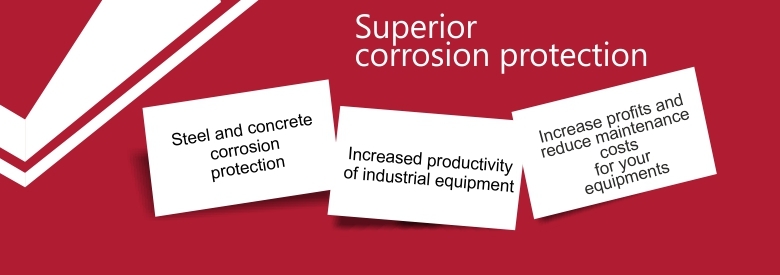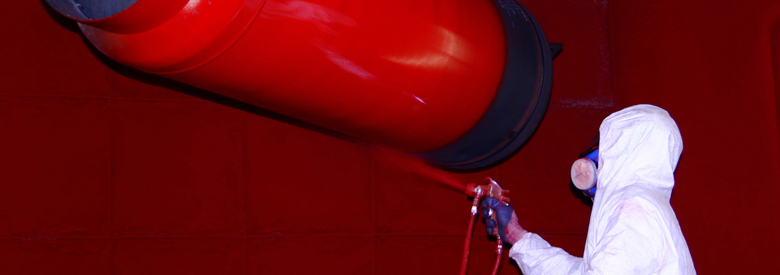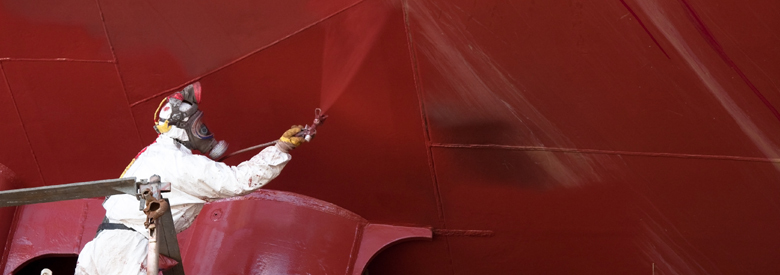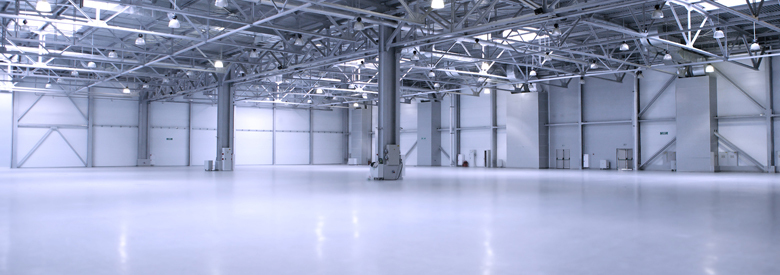Concrete protection-system and products for corrosion protection and surface reparation
Corrosion protection - what products to choose from for the protection and repair of concrete
As metal surfaces, concrete surfaces require additional corrosion protection to ensure resistance to chemical and mechanical factors. Anaerobic microorganisms, by penetrating the concrete porosity, can cause massive erosion, which requires adequate corrosion protection of concrete throughout its life cycle.
To ensure the best results, frequently and complex tests are made on corrosion protection products. At one such test has undergone ProGuard CN-1M product, to highlight its ability to protect the concrete.
Comprehensive reviews:
The items tested, equipped with corrosion protection, included standard concrete tiles. There were executed the following tests:
· Test of porosity (concrete through visual inspection by ten times magnification. In addition, steel structures were inspected by a detector 9 V). Even the size of 125 μm dry layer, all samples tested (steel and concrete) and showed no pores!
· Consideration hardness / strength adhesive (application-specific verification tests INSTRON device), DIN EN 858-1, concrete strength should be less than 2 N / mm2.
All the items tested recorded high values (3.7-5.7 N / mm2 and an average of 4.8 N / mm2 after five measurements).
· Controlling the forces of impact (impact with steel ball) - weight was 1 kg, height 40 cm. The inspection was conducted through an optical microscope, magnifying with 10x.
· Abrasion resistance test (measuring devices, point the ball with a size of 1 mm, resistance 50 N). Traces of abrasion were seen on the tested elements, but there were no damages in concrete substrates.)
· Chemical resistance (tested items were kept for 1,000 hours in various liquids, semi-submerged)
Fluids used for testing concrete protection:
- Blend of detergent (90% demineralized water, plus 10% sodium, 40 ° C)
- Light fuel oil in accordance with ISO 8217 (23 ° C)
- Gasoline, premium fuel and regular gasoline with reference to DIN EN 228 (23 ° C)
- 100% biodiesel (23 ° C)
Testing was conducted via the following criteria:
Brightness / Color / cracks / debris-trace-contamination / moisture / contracting / determination of hardness / loss resistance


After chemically tested under stress and 24 hours of reconditioning, the level of residues, trace contaminants to be harmonized to value 2 and decreased resistance value can not be higher than 25% according to DIN EN 858-1.
Extensive series of tests, using product ProGuard CN-1M classify all results in group 0 (no-trace residues, contaminants, without cracks, moisture). The hardness was amplified between 3-5%. Also, after the time of exposure were recording protections in damage to the present cuts to all items tested.
Also read:
Epoxy floors - Types and Maintenance
Corrosion protection of a fiberglass tank for hydrochloric acid













